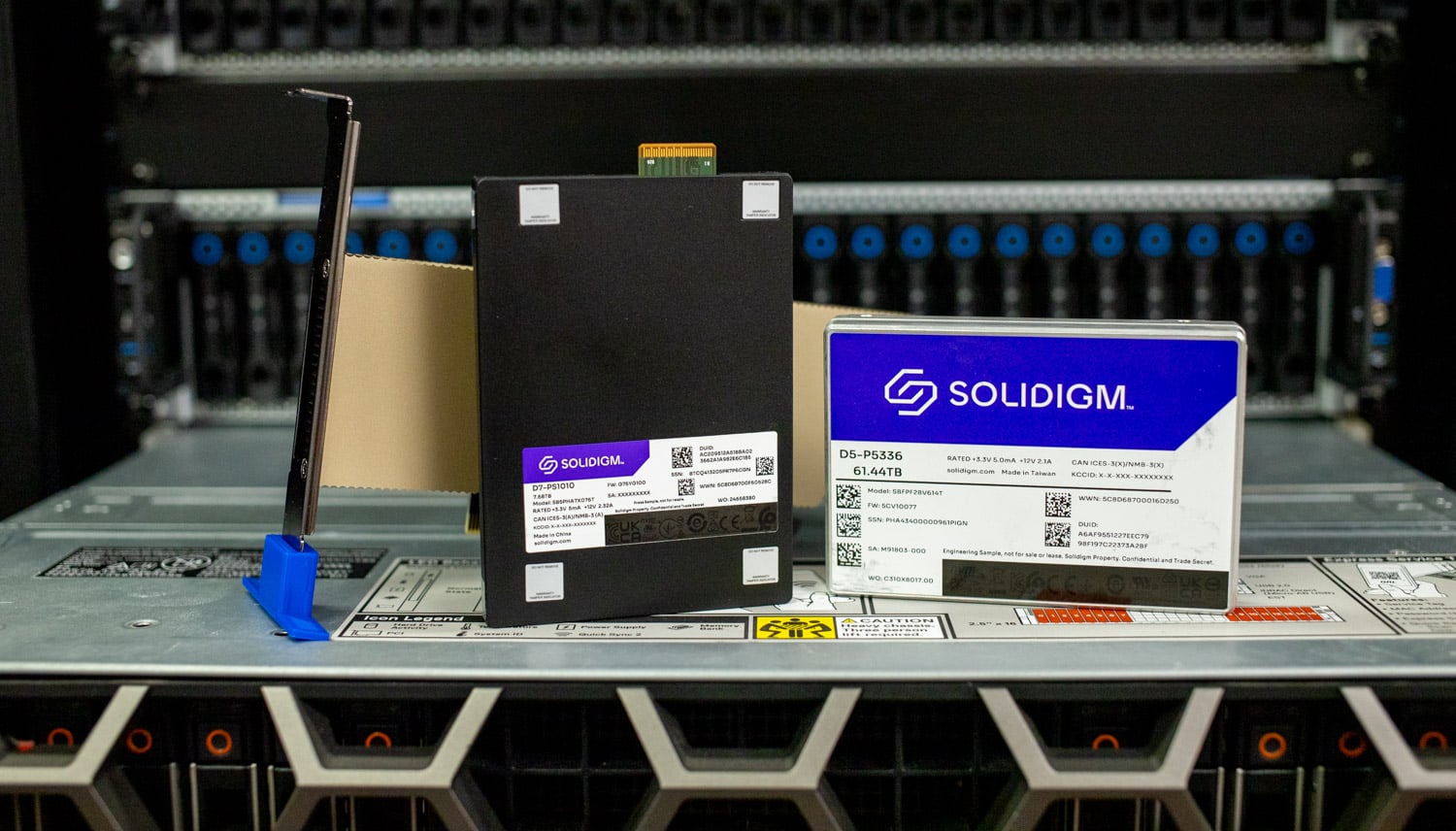
Is There Any Escape from the Spotify Syndrome?
Like countless other people around the globe, I stream music, and like more than six hundred million of them I mainly use Spotify. Streaming currently accounts for about eighty per cent of the American recording industry’s revenue, and in recent years Spotify’s health is often consulted as a measure for the health of the music business over all. Last spring, the International Federation of the Phonographic Industry reported global revenues of $28.6 billion, making for the ninth straight year of growth. All of this was unimaginable in the two-thousands, when the major record labels appeared poorly equipped to deal with piracy and the so-called death of physical media. On the consumer side, the story looks even rosier. Adjusted for inflation, a monthly subscription to an audio streaming service, allowing convenient access to a sizable chunk of the history of recorded music, costs much less than a single album once did. It can seem too good to be true.
Like considerably fewer people, I still buy a lot of CDs, records, and cassettes, mostly by independent artists, which is to say that I have a great deal of sympathy for how this immense reorganization in how we consume music has complicated the lives of artists trying to survive our on-demand, hyper-abundant present. Spotify divvies out some share of subscriber fees as royalties in proportion to an artist’s popularity on the platform. The service recently instituted a policy in which a track that registers fewer than a thousand streams in a twelve-month span earns no royalties at all. Some estimate that this applies to approximately two-thirds of its catalogue, or about sixty million songs. Meanwhile, during a twelve-month stretch from 2023 to 2024, Spotify announced new revenue highs, with estimates that the company is worth more than Universal and Warner combined. During the same period, its C.E.O., Daniel Ek, cashed out three hundred and forty million dollars in stock; his net worth, which fluctuates but is well into the billions, is thought to make him richer than any musician in history. Music has always been a perilous, impractical pursuit, and even sympathetic fans hope for the best value for their dollar. But if you think too deeply about what you’re paying for, and who benefits, the streaming economy can seem awfully crooked.










/cdn.vox-cdn.com/uploads/chorus_asset/file/25750030/STKS487_Antitrust_STK093_Google_C.jpg)







